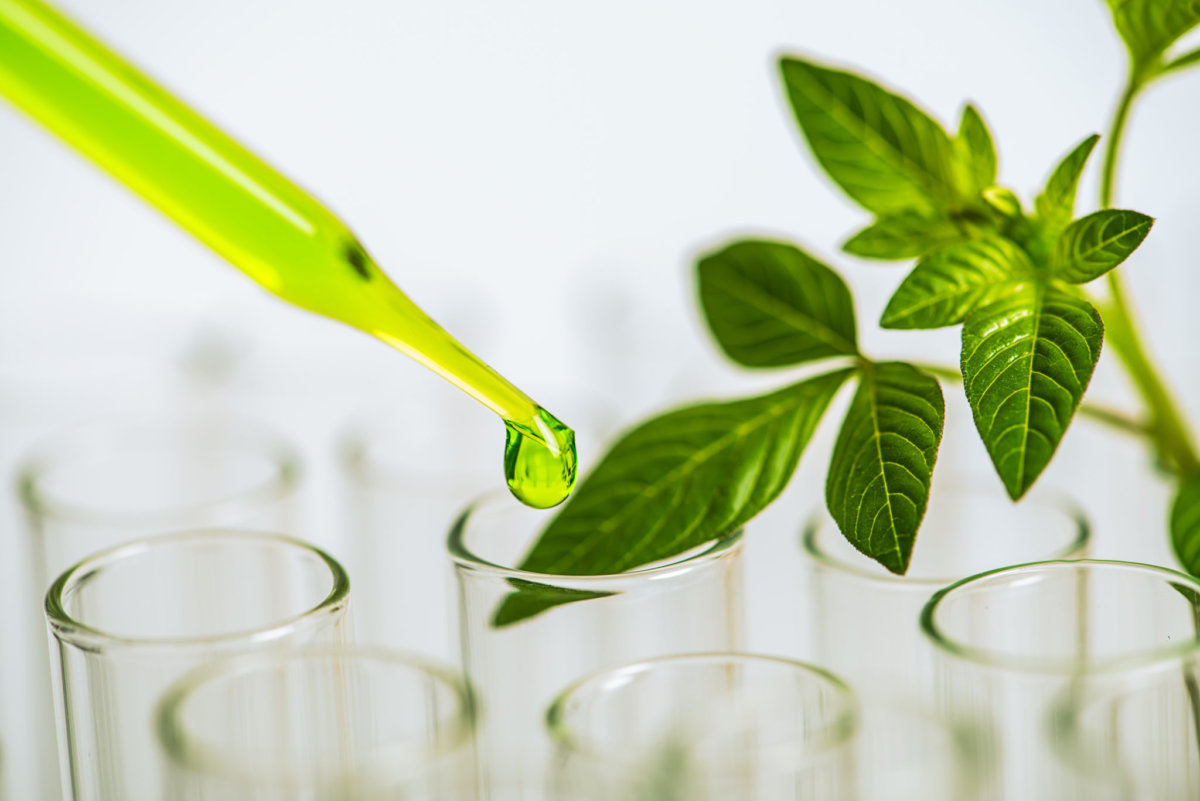by Angel Fernandez, Joselyn Guadamuz, and Maria de Catarina of MyFloraDNA
The cannabis industry has experienced significant growth in recent years, highlighting the importance of quality control measures. One of them is the utilization of laboratory partners to ensure the genetic integrity of the products. However, the connection between cannabis and genetic studies is often underappreciated.
A genetic study or test is a type of analysis that is carried out on a tissue or cell to search for essential traits in the genetic material of the plant. The results obtained from these analyses can provide a lot of information that helps confirm or refute many theories.
In recent years, genetic studies of cannabis have played a crucial role in the industry by providing growers with more advanced tools and techniques. These studies have enabled growers to improve crop yields by identifying key traits and characteristics for reproduction. Furthermore, genetic testing has been instrumental in quickly and effectively detecting diseases that affect crops and identifying the gender of the plant well in advance of flowering, thus saving growers time and resources.
Even more, genetic testing also allows cannabis workers to detect changes or damages in the genetic material of their plants.
Plants, like all living organisms, have a complex genetic makeup that plays a crucial role in their growth and development. However, the genetic material of plants can be susceptible to mutations, which are changes in the DNA sequence that can occur naturally or be caused by external factors. These mutations can have varying effects on the plant, from having no impact to causing serious detrimental effects on its growth and development.
One of the main factors that can cause mutations in the genetic material of plants is found in controlled environments such as in vitro culture laboratories. In these environments, plants are exposed to chemicals and UV radiation that can cause mutations in their DNA. However, not all mutations are harmful to plants. For decades, scientists have been making changes to the genetic material of plants with the goal of improving crop quality and characteristics.
While controlled environments can cause mutations in the genetic material of plants, it’s also important to consider the impact of environmental factors in uncontrolled environments, such as outdoor crop plantations. Factors like air (oxygen) and sunlight (UV rays) are two of the main factors influencing mutations in the genetic material of plants. Because these two factors are part of the normal conditions in which a crop lives on a plantation, mutations can be expected to occur at some point in the growth process of plants.
The damage caused by these factors can not only generate simple changes in the genetic material of the plants but can also have serious detrimental effects on the plant, such as growth inhibition. Even subsequent cumulative damage to genetic material can not only prevent plant cells from dividing and growing but can seriously damage tissue and ultimately kill the plant.
Although some of these mutations can be subtle and go undetected, the composition of the plant could have changed at a molecular level, which may mean that, for example, in the case of cannabis, a mutation causes the cannabinoid content to be of poor quality or even non-existent, but to the naked eye the plant looks normal. This is why genetic and molecular studies have played a key role in this industry.
Additionally, if a grower obtains a particularly outstanding trait in their plant, the only way to obtain information on that trait and validate its function is through genetic studies, allowing them to obtain a genetic profile of the plant as proof that it is unique. These studies also work to detect unique, outstanding traits, such as high THC or CBD production in cannabis, which would not be possible without laboratory analysis, as these traits cannot be measured visually.
It is crucial for growers to have a good understanding of the genetic material of their crops in order to ensure that they are of good quality and to detect any mutations that may have a negative impact on the plant. Genetic and molecular studies play a vital role in this industry by providing growers with the necessary information to make informed decisions about their crops, and to ensure that the plants they grow are of the highest quality and free of mutations that could have a negative impact on the final product.
About MyFloraDNA: We are a genomic laboratory based in Woodland California, delivering modern genomics for the cannabis industry.
Our services include Trait detection (cannabinoid profile and sex/gender ID), Pathogen Detection, and Genetic Validation Services. We offer breakthrough solutions using the inner power of your plants.


Follow NCIA
Newsletter
Facebook
Twitter
LinkedIn
Instagram
–